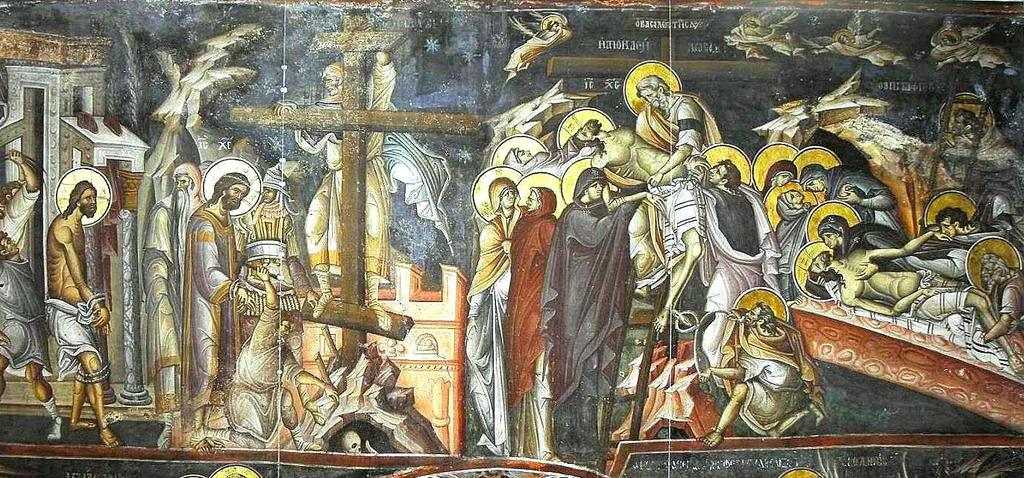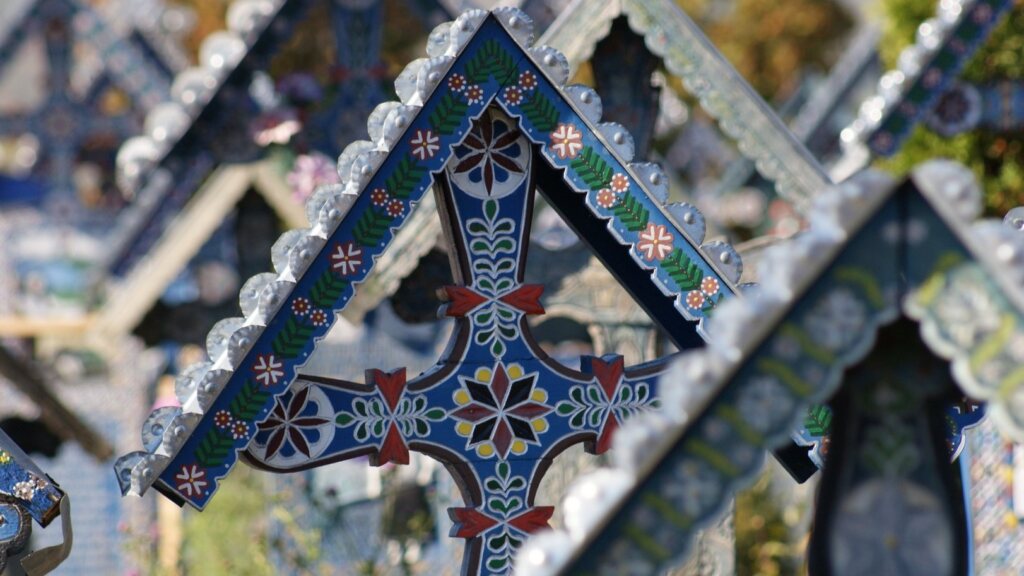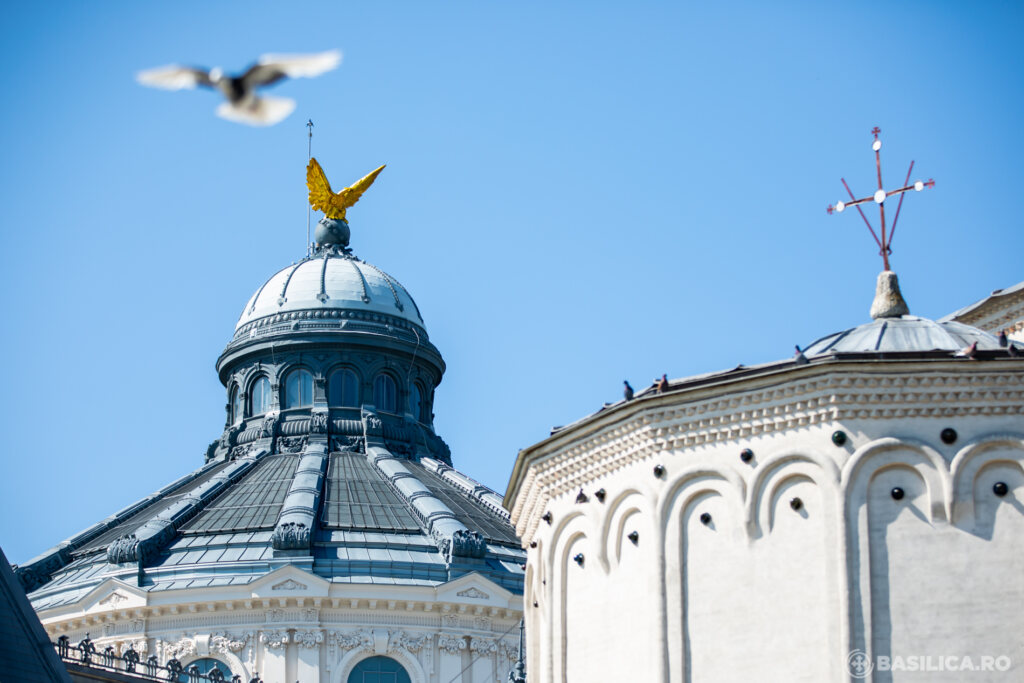The Passions Week or the Holy Week is the liturgical period which begins with the Matins of the Holy Great Monday and ends with the Divine Liturgy of Saint Basil the Great united with the Vespers of the Holy Great Saturday, having been the last week of the Triode period. The sinaxarion of the Holy Great Saturday read at the Matins, when the Lamentation of the Lord is sung, says: the forty days of the Lent are more important than the other days; the Holy Week is the most important; the Holy Week culminates with the Holy Great Saturday. It is called the Great Week not because its days were longer or had several hours, but because the great wonders and unusual deeds of our Saviour were done throughout this week, especially today.
This period is unique in the Church, both from a liturgical and from a spiritual point of view. While speaking about the significance of this week His Beatitude Patriarch Daniel explained that “the next week is different from the 40 days which have just ended. It is the oldest period of fasting in the history of the Church. The week of the Holy Passions has been a week of strict fasting ever since the time of the Saints Apostles, and on the Holy Great Friday the Divine Liturgy is not celebrated and nothing is eaten in order to accomplish the words of the Saviour saying that when the Bridegroom, namely He, Christ, will no longer be with His disciples, they will fast, eating nothing. The last chance, the last time remained for confessing the sins, for the renewal of our soul is the Holy Great Week of the Holy Passions of Jesus Christ, our Saviour”.
Every day of the Holy Week has a special significance
Thus, according to the sinaxarion of the day in the Triode, on the Holy Great Monday the blessed Joseph is remembered and the fig tree dried when cursed by the Lord. Next day, on the Holy Great Tuesday, the ten bridesmaids of the Holy Gospel are remembered. The Holy Week is continued with the Holy Great Wednesday when the Holy Fathers decided to remember the sinful woman who poured ointment on the head of the Lord, because this thing happened before His saving passions. On the Holy Great Thursday, the holy Fathers who put everything in good order, following the teaching of the Saints Apostles and Holy Gospels, taught to celebrate four things: the holy washing of the feet, Last Supper, namely teaching the frightening Mysteries, the prayer beyond nature, and the betrayal of the Lord. There follows the Holy Great Friday when the holy terrible passions of Jesus Christ, our Lord and Saviour, are celebrated: spitting, slapping, insults, mocking, purple coat, reed, sponge, vinegar, nails, spear, and first of all, the cross and death that He suffered right on His own will for us. The confession of the grateful bandit on the cross, crucified together with Him, is also remembered. On the Holy Great Saturday we celebrate the burial of Jesus Christ, our Lord, and His descend to hell, by which the humankind called to decay was moved to eternal life.
The Holy Week has an eschatological character – through the Holy Gospels read during the religious services celebrated – and invites the faithful to take better care of their spiritual life.






